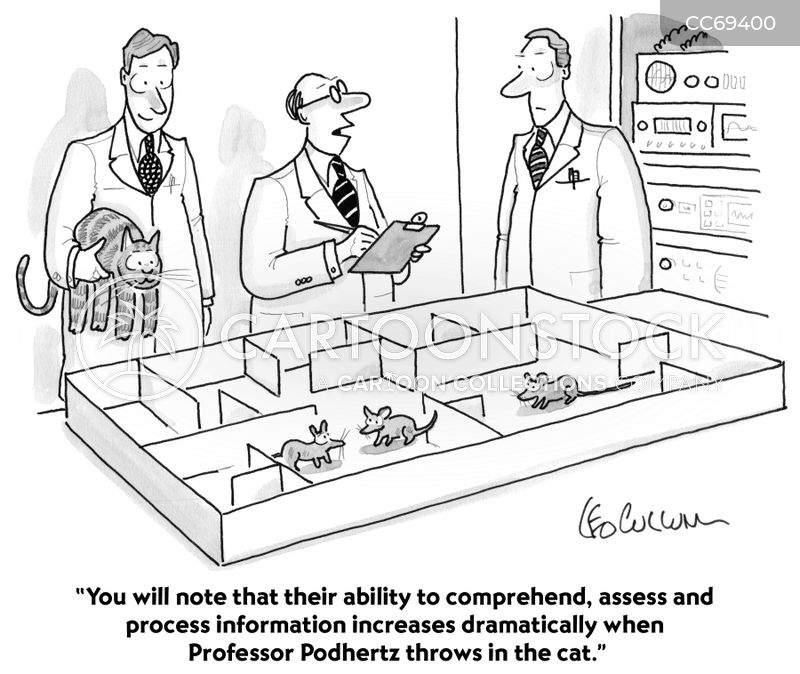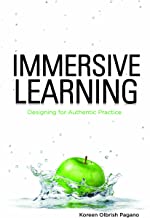
COVID and Work From Home (WFH) have been creating dramatic workplace shifts. The title of this blog is “Future Business” so those shifts are obviously of intense interest to me. My last two posts have been macro thoughts on productivity. This post is going to be more of a micro topic that each workforce member, learning designers, and product managers may find interesting.
I remember as a teenager coming across the slogan “Perfect practice makes perfect”. At the time I was on a ski race team and played competitive junior squash. The pivot to thinking deliberately about every single ski turn and every single court session improved my performance dramatically.
In a workplace setting, the supremely diligent learner will reflect on every single workplace interaction and learn from it to strive for continuous improvement. Most of us don’t have that level of power for self-reflection and instead perk ourselves up to assimilate learning at some key moments.
Learning events (Classes, conferences, webinars, etc…) are obviously some of those key moments. Learning designers’ job is to do their best to create the environment where each learner can effectively adopt some version of best practice into their own practice. We need to better connect learning and practice.

I recently read Koreen Pagano’s “Immersive Learning: Designing for Authentic Practice“. One of the great points she makes is that learners make better strides when they are practicing in low stakes environments that are reasonable facsimiles of real-life work situations. She makes a secondary point of warning against the urge of learning designers and managers to measure all progress. When the learner knows they are being measured, you have lost the “low stakes” portion of her recommendation. When being measured, learners are less likely to take risks that could lead to enhanced understanding. Measurement triggers our extrinsic motivators. Dan Pink makes a great point in his book “Drive” ( Ted video) that intrinsic motivators are usually far more effective at guiding actions.
Amazon is already running into some of these “over-measurement” problems in their pursuit of efficiency. Drivers complain of peeing in bottles and warehouse workers stress out about their break time. If we are trying to make the most widgets in the next hour, stopping to learn will never be the right choice. But, studies have shown that education and professional development is a tried and true path to many long-term desired outcomes. Long-term success will require thinking about workforce contribution both in the present and over the longer term.
There was a lot of good PR for “5% time” that seems to have waned lately. Companies like Google allowed workers to take a half day every few weeks to work on a passion project. This is a great example of leaving room for low-risk practice designed to grow people and support overall corporate innovation.
We should all be mindful of the way we are directing our teams to operate. While I am generally a proponent of measurement because it guides us towards desired results, we should be careful how far we take that and we should be careful that we are not taking short-term measurements to the detriment of longer-term outcomes. If you are in the learning space, be deliberate about maximizing the long-term benefit of the time you do get with learners. Build safe low-stakes practice into your learning experiences. If you are a learner, seek out practice oriented experiences. If they are hard to find, at least run your own thought experiments while learning about how you will put the ideas into your own practice.
What is the best practice-oriented learning that you have encountered/created?

